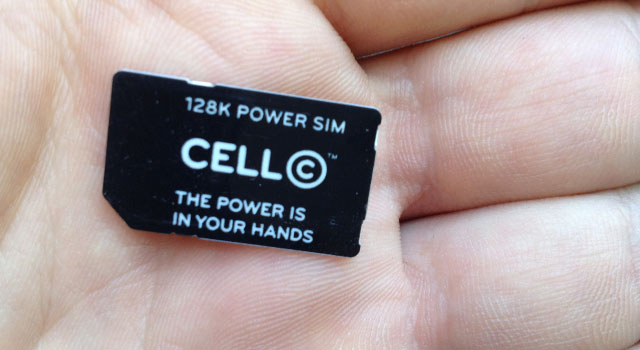
Mobile operator Cell C has slammed the Independent Communications Authority of South Africa (Icasa), accusing it of being “unable to verify its own information” in relation to the amount of money it owes the regulatory body for its use of radio spectrum.
Cell C on Wednesday took issue with Icasa for not responding to a letter, sent on 2 May, in which it demanded “urgent written confirmation of Icasa’s position and that Cell C is not in default of any licence fee obligations”.
“Icasa’s failure to respond and set the record straight publicly is having a negative impact on Cell C’s reputation and leaves Cell C with no choice but to make its own public statement in this regard,” the operator says in a statement. “Icasa has failed to respond as it appears to be unable to verify its own information.”
But Icasa spokesman Paseka Maleka says the authority’s council had a chance to discuss Cell C’s letter only at its scheduled weekly meeting, which took place on Tuesday. “The matter was discussed at a full council meeting yesterday and we will reply to Cell C in due course.”
The fracas follows comments made in parliament on 30 April by Democratic Alliance MP Marian Shinn that Icasa licensees, including companies and government departments, owed the authority more than R500m related to their use of spectrum and other electronic communications issues. The information was supplied to Shinn by communications minister Dina Pule, who in turn, Cell C says, tapped Icasa for the data.
“Cell C has never been advised by Icasa that it owes R107,3m or any other amount in outstanding licence fees and accordingly denies that it owes this amount,” it says.
In addition, the operator says that despite a promise by Icasa in February 2013 that it would begin a market review into the high cost to communicate in South Africa, it had “failed” to do so and that both consumer and Cell C “continue to be negatively impacted”.
But Icasa has denied the charge. “Icasa has already started with the market review and wants to finalise it by the end of this financial year,” says Maleka. “The review isn’t only looking at the cost to communicate, but at the impact the reductions in interconnection fees have already had on communications costs.”
Mobile interconnection fees, also known as termination rates, were reduced to 40c/minute on 1 March 2013, from a high of R1,25/minute in peak times four years ago. In the past year, retail prices have fallen sharply, too. — (c) 2013 NewsCentral Media




